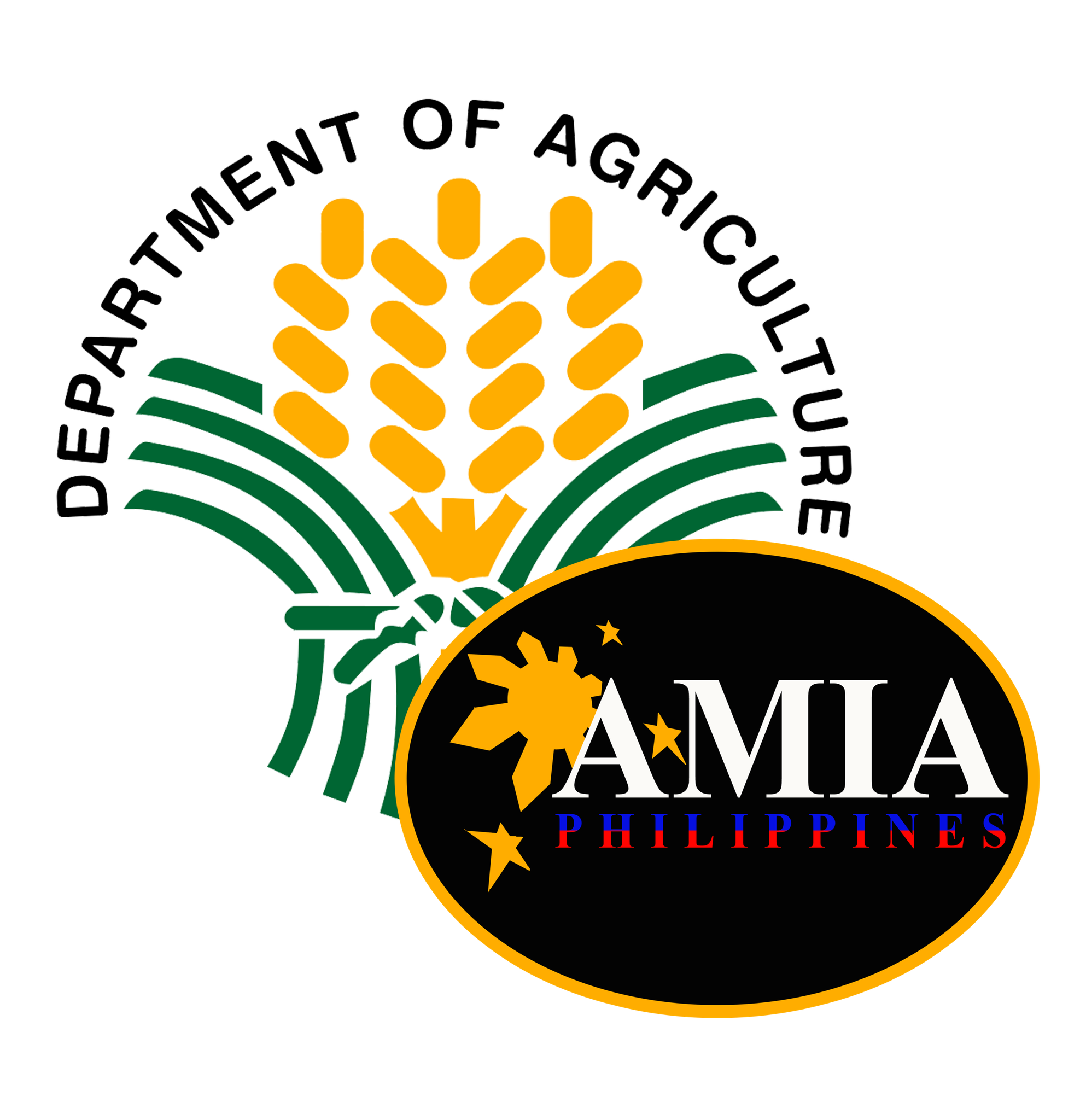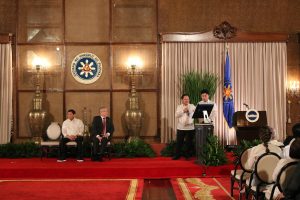
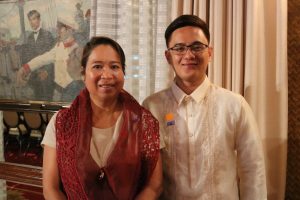
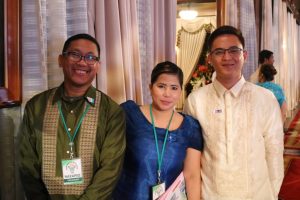
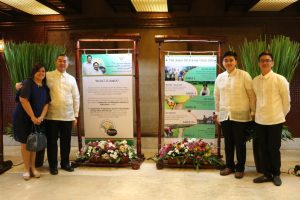
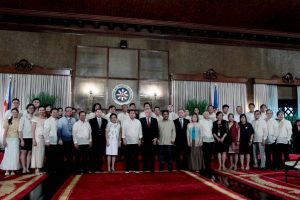
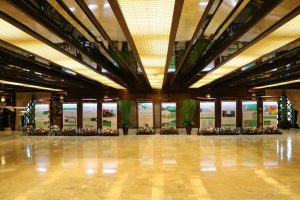
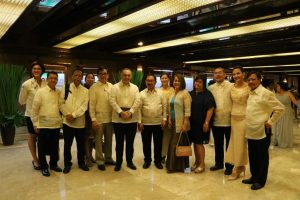
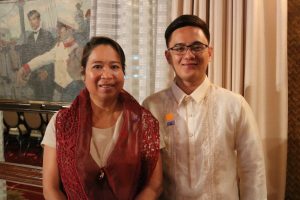
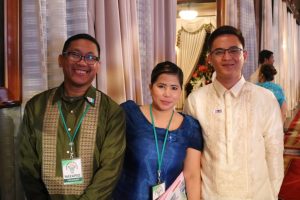
Manila, Philippines—President Rodrigo Duterte officially launched the Adaptation and Mitigation Initiative in Agriculture (AMIA) National Color-Coded Agricultural Guide (NCCAG) Map on March 7, 2017 at Rizal Hall, Malacañang Palace.
The presentation was led by the Secretary of the Department of Agriculture (DA), Emmanuel Piñol, as assisted by Mr. Rollie Osayan, the Subanen developer of the AMIA NCCAG website. “I wanted an interactive website where the [users] could just type the name of their barangay, town, or province [to] access the information they need to improve their farming,” Piñol said in one of his social media posts.
The AMIA NCCAG map identifies the areas that are suitable for 20 crops, namely: abaca, banana, cacao, cassava, coconut, coffee, corn, garlic or onion, legumes, mango, oil palm, papaya, pineapple, rice, rubber, sugarcane, sweet potato, taro, vegetables, and yam. The map can be accessed online at www.farmersguidemap.gov.ph.
During his speech, Piñol emphasized that the AMIA NCCAG Map is the Department’s response to the President’s campaign commitment to removing guesswork in Philippine agriculture. Piñol assured that through this map, Filipino farmers will no longer guess what type of soil they have and what crop is most suitable to be planted in their area because “farmers could just [choose] the name of their region, click the province and the town, and go down to the barangay level to determine what crops could be planted based on soil suitability and other [natural] factors.”
The map is only one of the major outputs under the AMIA Program of the Department; it is still a work in progress and will be constantly updated to add features that could better help the farmers. Among those present during the launch were AMIA Director Alicia Ilaga and the different partner institutions of the program, as well as the different DA Regional Offices, Local Government Units, and government officials.
An exhibit was also conducted to feature the other products of AMIA, which include the standardized AMIA UAV (unmanned aerial vehicle), a low-cost soil test kit (STK), and the Nutrient Expert. Future projects will also include training in the succeeding phases of AMIA in order to enable the DA RFOs and LGUs to use these technologies. Other programs of DA that were also presented to the President include the awarding ceremony for the Bureau of Fisheries and Aquatic Resources’ Malinis at Masaganang Karagatan (MMK), the Philippine Fiber Industry Development Authority’s turnover of facilities for commercial production of pineapple fibers, the MOU signing between the Philippine Rubber Research Institute (PRRI) and Phoenix Petroleum Philippines, Inc., the roadmap signing for coffee and cacao, and the launching and testing of FarmHelp, a mobile app endorsed by the Department of Agriculture.
##
